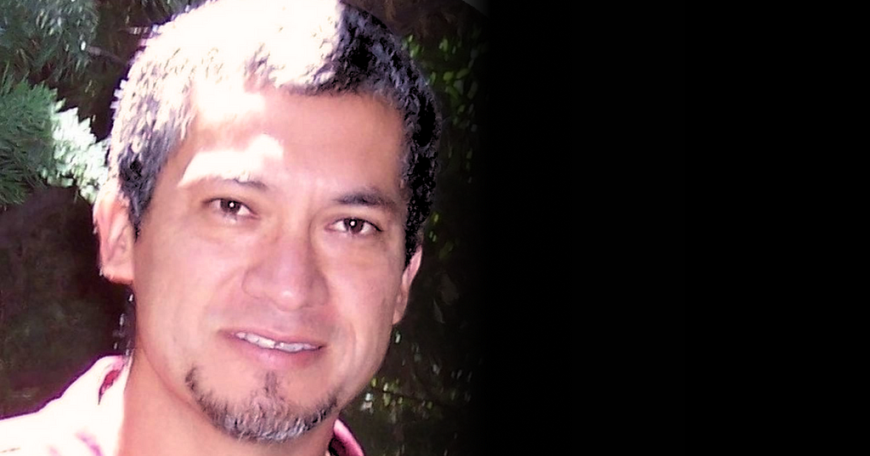
Transforming medical treatments from theory to reality
By Katherine Ouellette
Over Juan Guerrero’s 33-year biotechnology career, he has watched gene editing evolve from theory to reality. But Guerrero still recognizes the importance of continuing his education despite having a front-row seat to the genome industry since its inception.
Guerrero received a degree in biology from University of California, Berkeley (UC Berkeley) in 1992, and joined the workforce of thousands of sequencers mapping DNA. However, six years after leaving his job as a sequencing associate at Incyte, a lecturer at UC Berkeley informed Guerrero that the technology used to sequence the human genome had already become obsolete.
“This stark contrast highlights the rapid pace of technological evolution in this field,” says Guerrero. “Motivated by this insight, I decided to return to school, starting with a course in genetics.”
That’s when Guerrero enrolled as a part-time student at Pasadena City College in Los Angeles in 2016. Since then, he continues to deepen his knowledge with MIT Open Learning educational resources.
“I decided to update my skills in the sciences because they change rapidly,” says Guerrero.
Strengthening understanding
Guerrero credits MIT Open Learning’s online resources with making a significant difference in his academic journey over the last decade. While searching for extra study materials to practice key concepts from his Pasadena City College courses, Guerrero was thrilled to find that MIT OpenCourseWare, part of Open Learning, offers a comprehensive collection of educational materials from thousands of MIT courses all in one place.
“Due to the excellent array of available biology courses, I selectively explore topics from various OpenCourseWare course materials according to the particular concepts I wish to comprehend,” he says.
Guerrero appreciates that OpenCourseWare dives deep into specific topics through an assortment of quizzes, exams, lecture notes, and videos.
“It does challenge you to learn the concept, while at the same time, retaining it much better,” says Guerrero.
MIT’s approach is different from how he first learned these concepts as an undergraduate — which he describes as “brute force memorization.”
In one OpenCourseWare biology course lecture, for example, Guerrero studied a diagram of a cell that traced the path from nucleus to DNA. During a later assignment about protein production, he made the connection, “Oh, it goes by path. It’s organized,” he says. This holistic approach to learning helped strengthen his understanding of the concept.
Guerrero also appreciates the platform’s flexibility, allowing him to learn on his own schedule.
“What truly sets OpenCourseWare apart is its commitment to accessibility,” Guerrero says. “Not every student needs to be enrolled in a program and OpenCourseWare has made that possible. You can access what you want and it’s free.”
Additionally, OpenCourseWare’s Creative Commons license allows anyone to modify, remix, and reuse its resources. This is particularly important for community colleges, like Pasadena City College, participating in California’s Zero Textbook Cost Program. The strength of OpenCourseWare for educators and students, Guerrero says, is that “people know it’s coming from a reliable, verified source — coming from MIT.”
Researching medical applications
After three decades in the biotech industry with roles ranging from research and development, to production, to quality assurance, Guerrero aspires to return to DNA research. He hopes to use advanced technologies that weren’t available during his previous time in the field — such as Next Generation Sequencing and CRISPR — to develop new medical applications. He aims to transform theoretical concepts into practical treatments for curing diseases and other conditions.
“I’ve always thought about that aspect of helping someone with the technology made available,” he says. “However, I would prefer to remain in an academic environment until I have developed a comprehensive understanding of these technologies, as well as a solid foundation in genetics, which I believe is essential for effectively employing these advancements.”
He says that OpenCourseWare has offered him a wealth of resources for his studies in genetics and other biological and chemical sciences.
“The internet sped up the dissemination of all kinds of information,” Guerrero says. “There’s always so much more out there. You need updated knowledge.”
Transforming medical treatments from theory to reality was originally published in MIT Open Learning on Medium, where people are continuing the conversation by highlighting and responding to this story.

